To immortalize yourself in the traditions of millions across the world is no easy feat. It is the single greatest thing that an entertainer especially could achieve. But that is exactly the glorious accomplishment that Academy Award winner, Frank Capra, carried out with his 1946 film It’s a Wonderful Life, which has played annually every Christmas Eve on NBC since 1976, and for good reason.
In case the plot is unfamiliar, here is a summary (spoiler alert): ethereal beings by the names of the angel Joseph and the angel Franklin hear many prayers from the people of Bedford Falls, all directed towards a man named George Bailey. They task the angel Clarence (second class) to prevent George from throwing away the greatest gift. If Clarence does this, he will earn the wings of an angel. The angels get Clarence acquainted with George Bailey and his life, from his childhood, to his inheritance of the Bailey Bros. Building & Loan, his marriage, when he falls on hard times, his failed dreams, his family troubles, and his feud with the ruthless businessman Potter. Clarence is sent to earth to help George, and to help him, puts him in a version of life where George never existed. Seeing how Potter has complete control of the town, and how everybody seems completely unfamiliar with the name and face of George Bailey, George himself is convinced his life has meaning and wants to live again. Clarence gets his wings, and George appreciates his life no matter what hardships come knocking.
The provided summary does not at all do justice to the masterwork of the film itself, but it will help provide context to everything written forward. George in his childhood wants nothing more than to travel the world and live a life of complete adventure, but every time the dream is on the verge of coming true, it is shot down by a tragedy that befalls either George or the town, putting him in a constant state of being between a rock and a hard place. For instance: When George’s brother Harry returned from his four-year college education, he returned married. Harry now had to work by and with his wife, denying Harry any opportunity to take George’s job at the BAILEY BROS. BUILDING & LOAN. Instances like this occur periodically throughout the film, ever worsening the condition of George’s personal and professional life. Other times include a run on the bank, requiring George to spend his honeymoon money on the investors of the building and loan, George’s uncle Billy misplacing $8000 in the hands of the villainous robber baron, Potter, and him yelling at his daughter’s elementary school teacher. Every event breaks George more and more until he reaches his point of (supposedly) no return.
At this point, there might be sensitive topics brought up, so heed this warning. Because Potter tells George that he is “worth more alive than dead” due to his life insurance policy, it drives George to thoughts of ending his life. But his attempt is thwarted by the angel Clarence, who helps him, and earns his wings. Telling George in his copy of Tom Sawyer, “No man is a failure who has friends”.
The film is lauded worldwide for its universal themes regarding life, and comparisons between it and Akira Kurosawa’s film Ikiru have been drawn, as both films contain similar themes and messages about appreciating life and living. On that topic, the film has also helped people from going through terrible things during their own hard times. Creating a sense of incredibly personal relatability with the character of George Bailey. For others, it is seen as the definitive holiday classic, being not only a great Christmas movie, but also a fantastic movie when Christmas is taken out of the equation.
It is hard to believe the film was critically panned upon its release, and was also nominated, but did not win a single academy award. Not to discount the film, but people do not talk about The Best Years Of Our Lives as much as It’s a Wonderful Life. Frank Capra’s film is able to denounce all terms of cynicism a person can have, and delay a person’s negative feelings towards their lives or the lives of others, at least temporarily. One person’s life can affect so many others, and if someone is not around, the lives of others will be most definitely worse off. That is the message Philip Don Van Stern (who wrote the book the film is based off of, The Greatest Gift) and Frank Capra wanted to convey.
At an age of rash decisions and conflicted minds, the youth of today’s society, and the students who inhabit Oviedo High School, can likely find something to appreciate in this film. That is, if they take the time to watch it, and appreciate the wonderful message. No generation can, or will let this film die, as it touches on the lives and experiences of all, no matter their generation. Going back to the film’s universality and timelessness. But hopefully no student has to relate too much to the life of George Bailey, but rather, take away this: anyone can get through anything with friends, optimism, and appreciation. In the words of Frank Herbert, “The mystery of life is not a question to answer, but a reality to experience.” May that experience be cherished by all who are gifted enough to be rewarded it, that theme is the genius of this film.

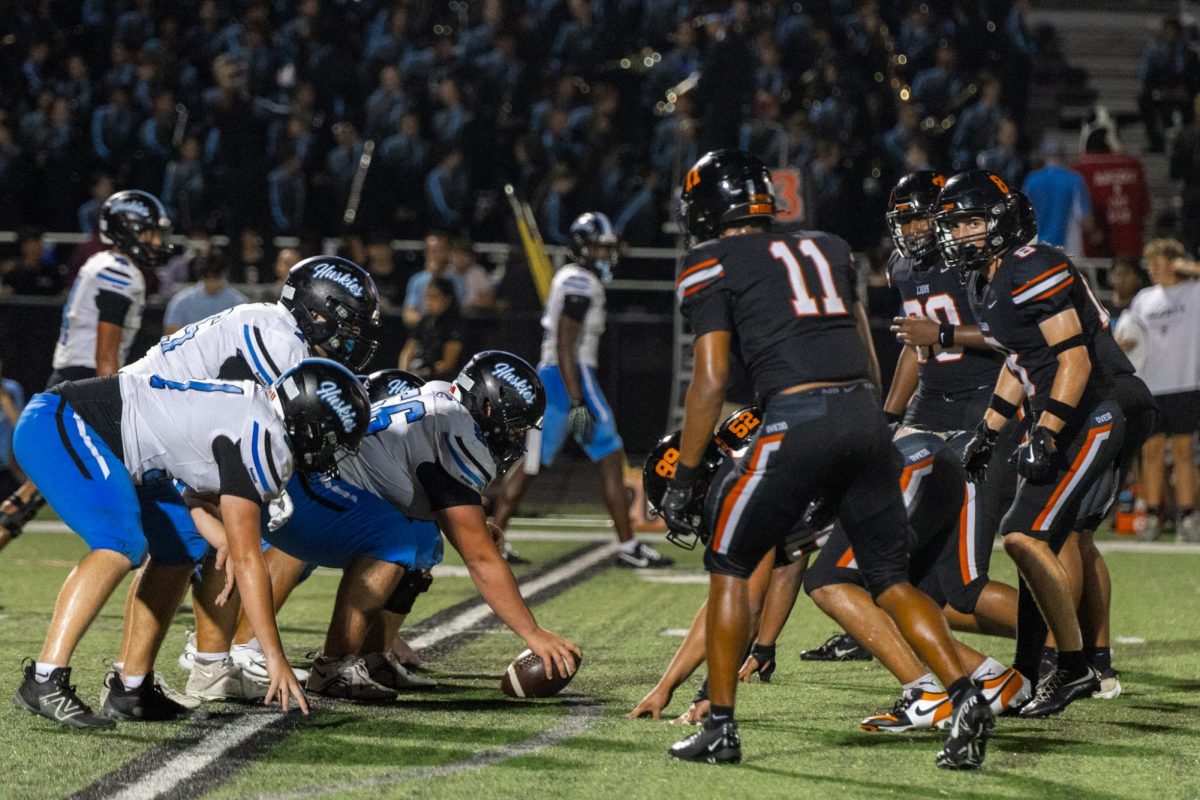
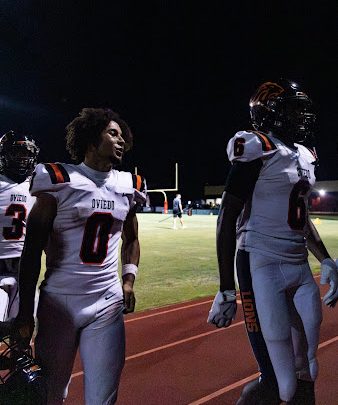
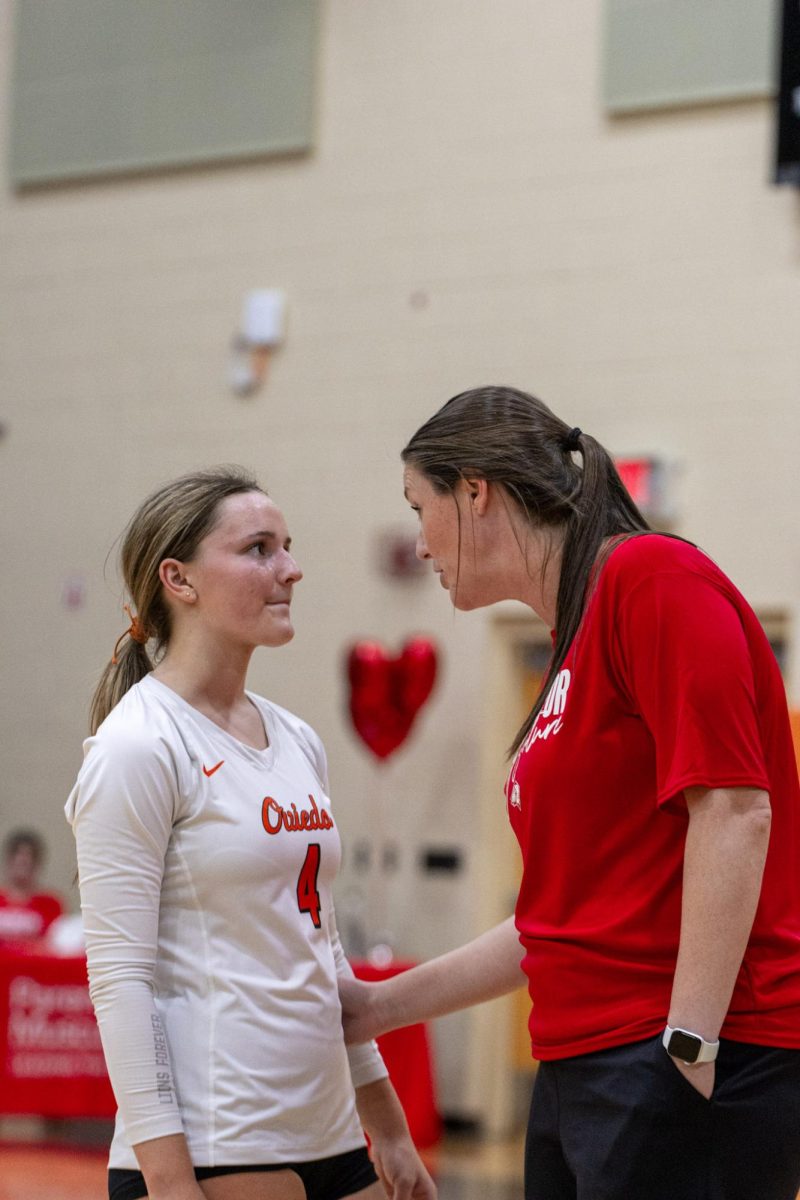


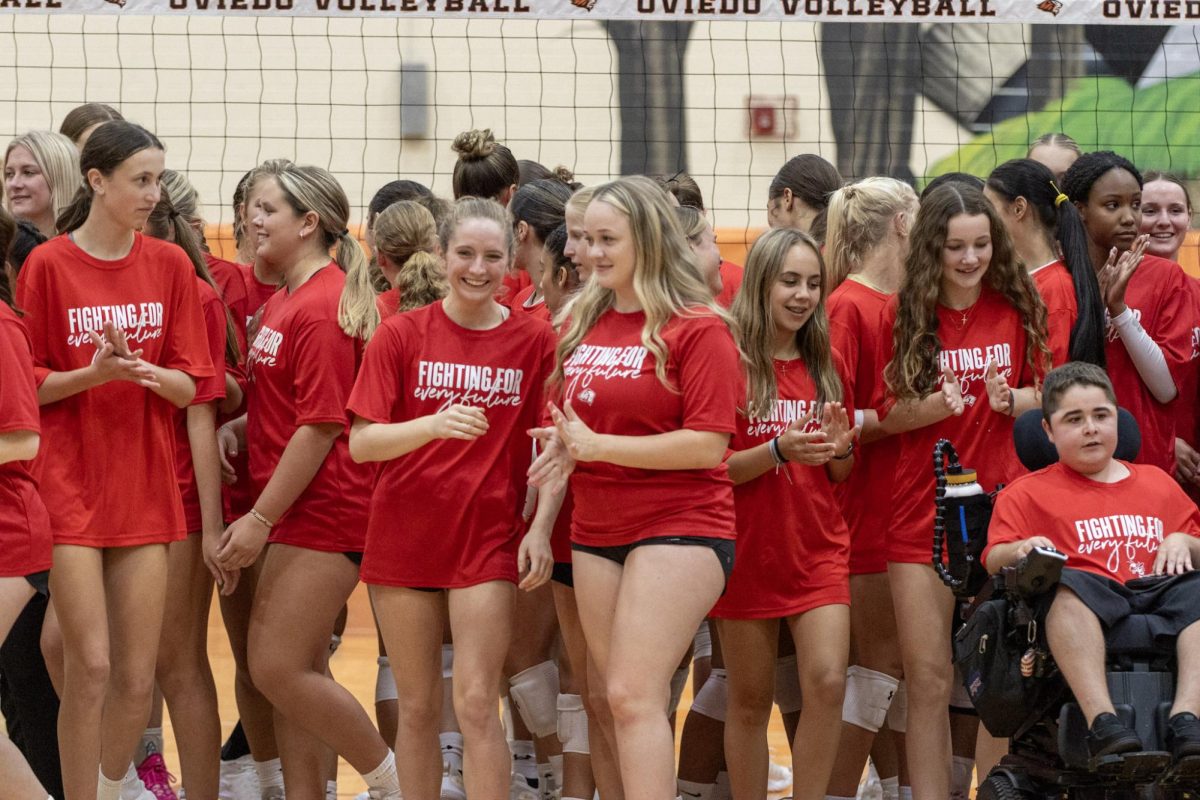









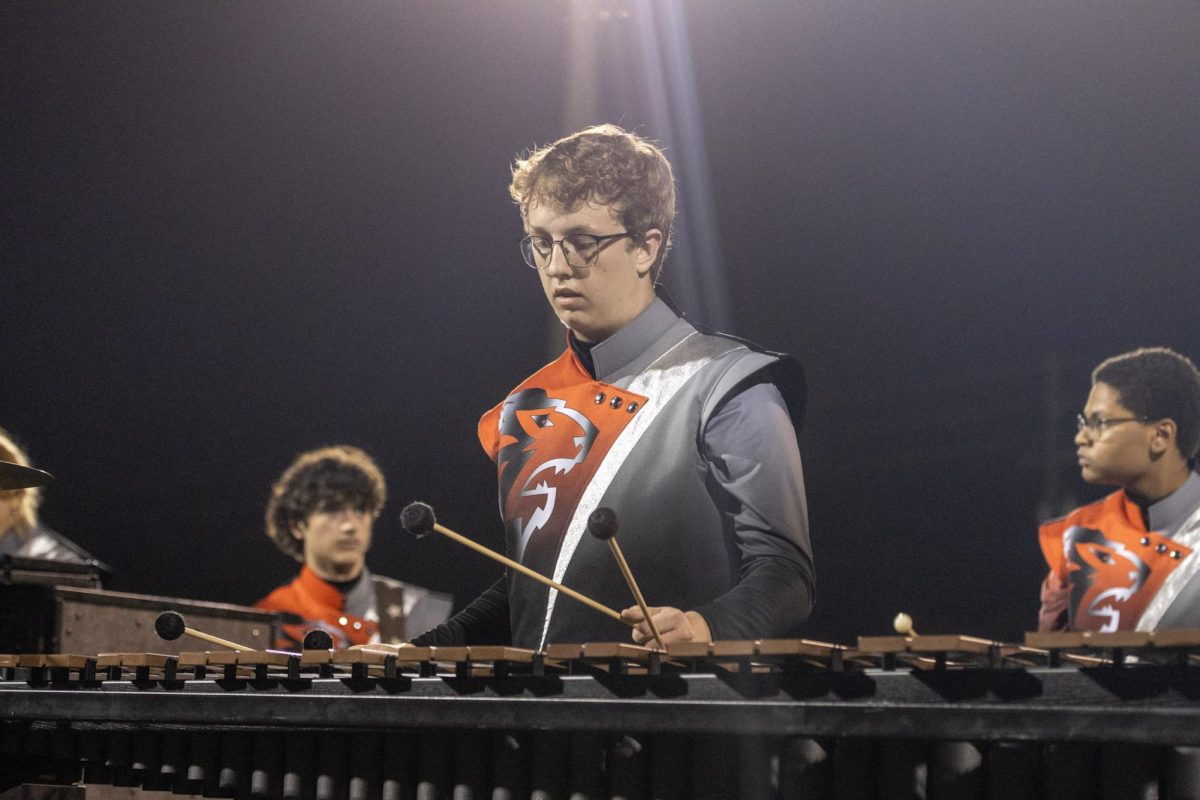


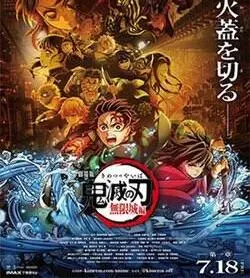




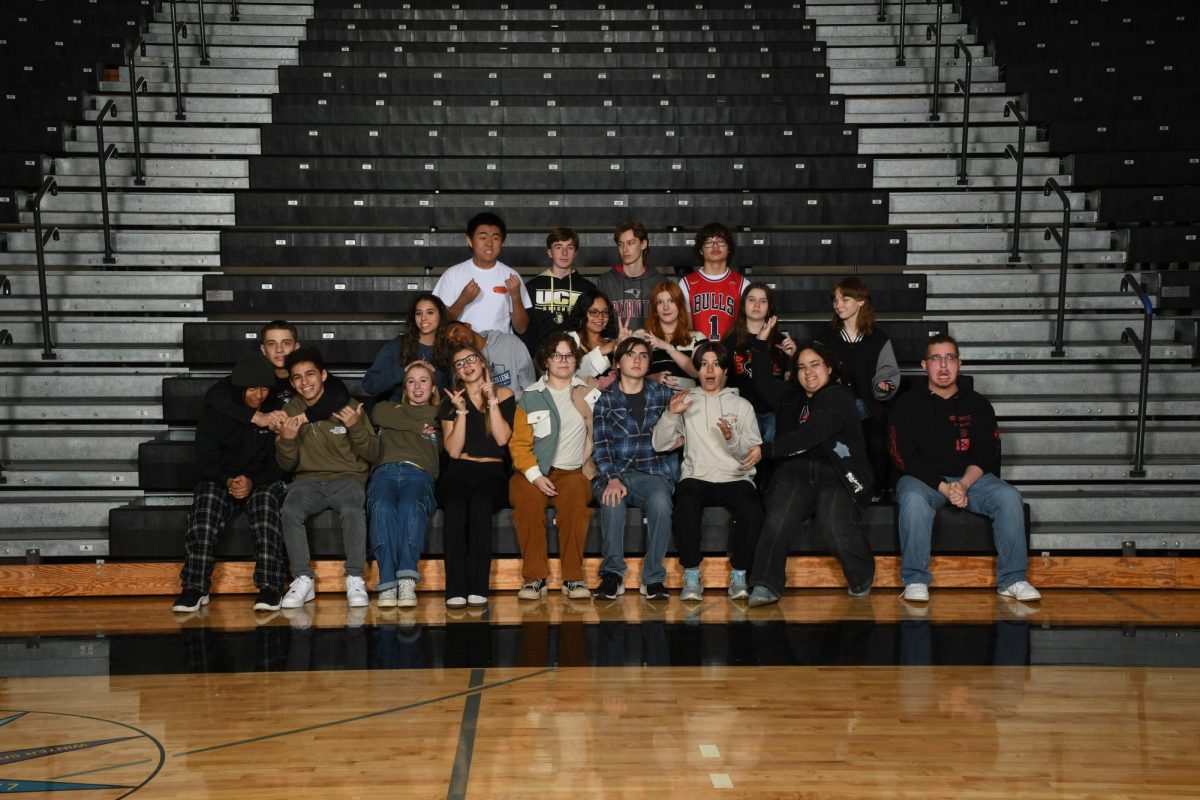
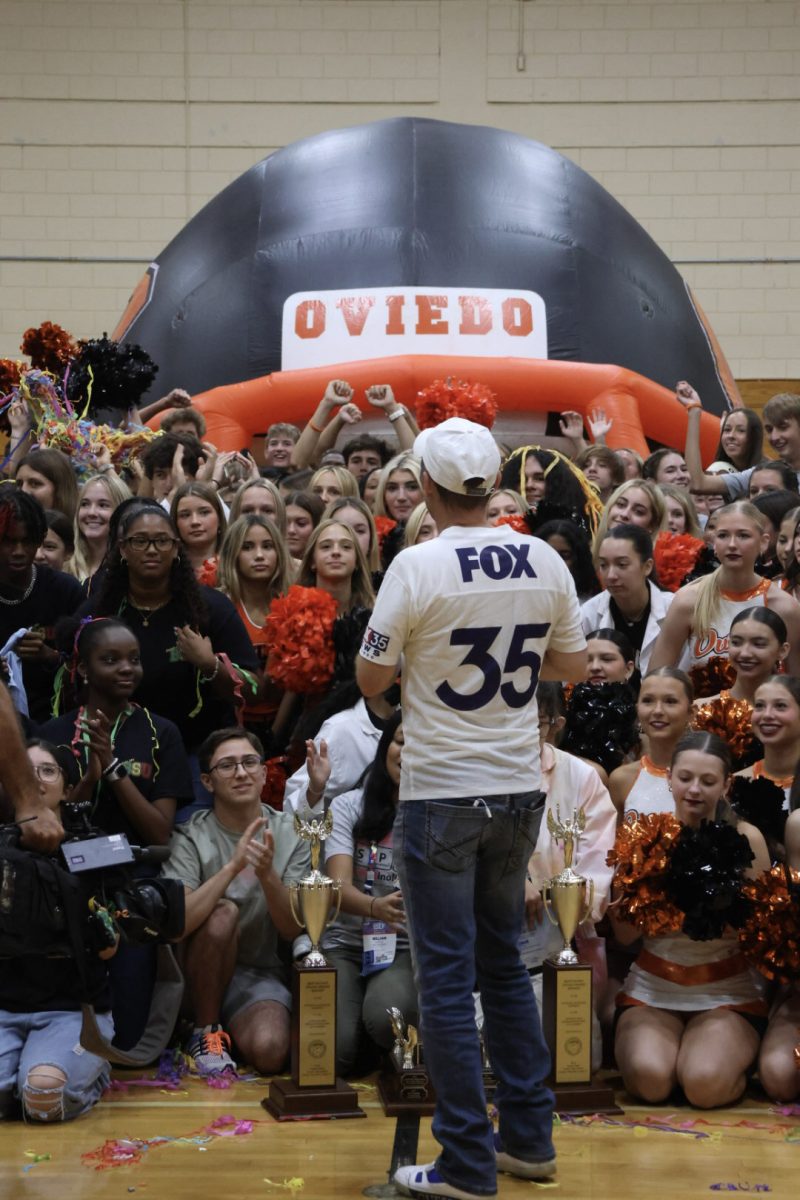





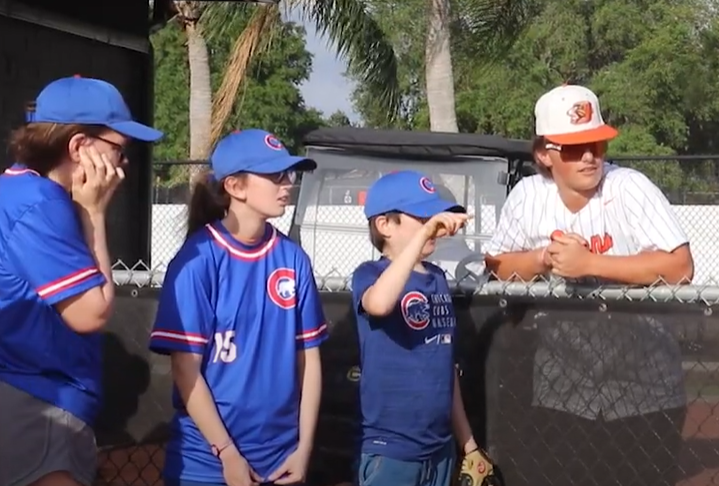





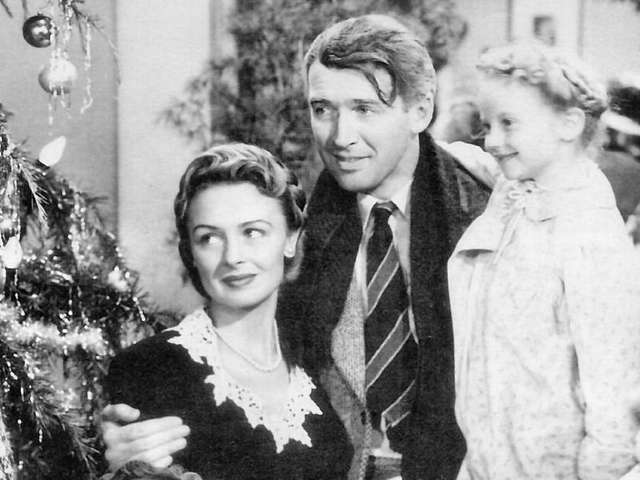

Beckett • May 7, 2024 at 9:06 PM
I feel like this is a great review on this moive i persononly think this movie was great and this whole review went in so much more depth and made me realise how much better and important it is. The next time i rewatch it i will be sure to think of this whole review. great review overall!